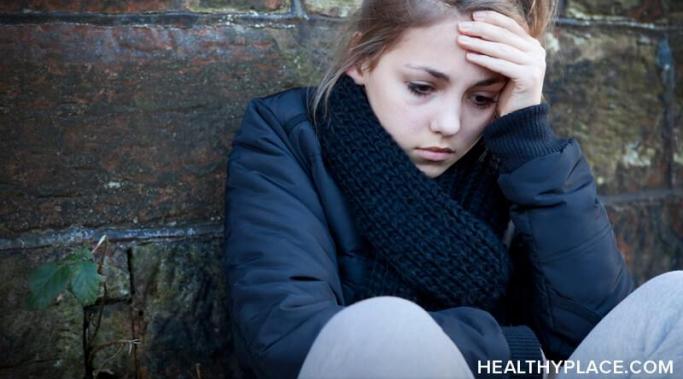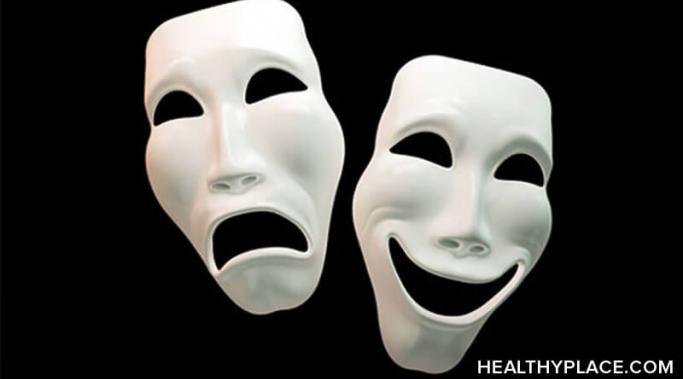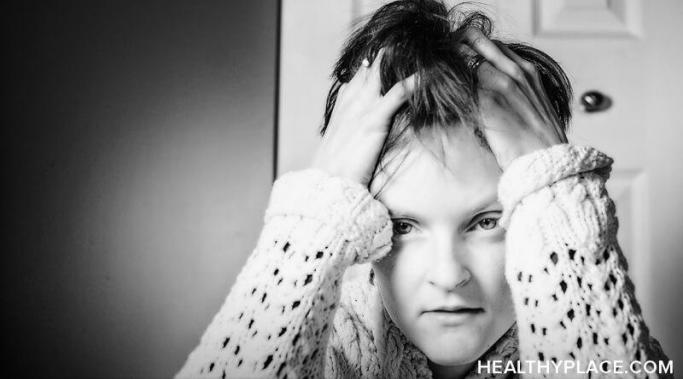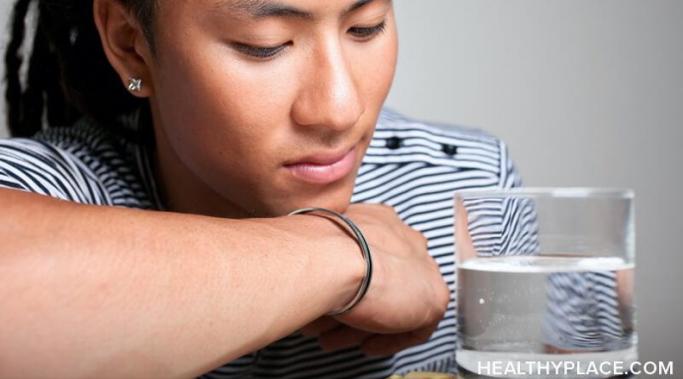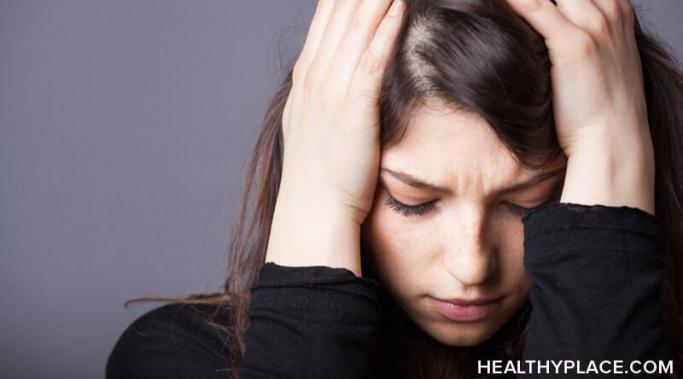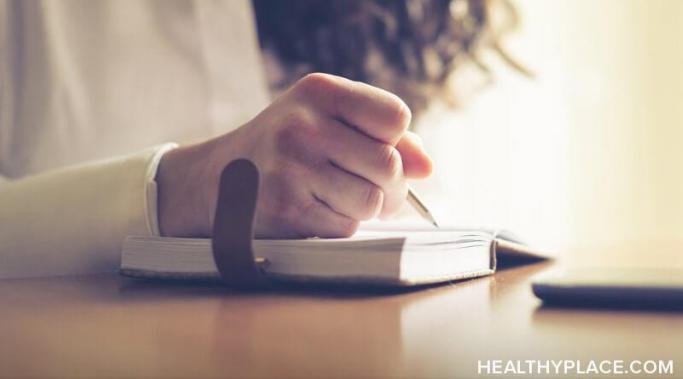It seems we're asked to handle depression due to overwhelming world events and tragedies almost every day. Everywhere we turn, there’s another deadly event or natural disaster. As a highly sensitive person (HSP), I find that these world events can overwhelm me and can increase my depressive symptoms. Over the years, I have found ways of coping so that I can live a happier life even when world events overwhelm me or increase my depression.
Coping with Depression
I had no idea that helping others would help ease my depression when my daughter and I held an ongoing bake sale to help a friend affected by Hurricane Harvey. For three weeks, we baked and sold our goodies every day. I noticed that, while saddened about all that is going on in the world, my mood improved. Helping others eased my depression, and I stopped to consider how.
My name is Michelle Sedas, and I am the Author of Coping with Depression. I’m delighted to get to blog for HealthyPlace. As the saying goes, “Write what you know,” and with my history of depression, I can’t think of a blog more suited for me to write.
I’ve never been one that enjoys roller coasters, whether it's a theme park ride or depression's ups and downs. I do not consider it fun to be shot high into the sky and then hurled quickly back toward the ground. I can avoid almost anything that remotely resembles a roller coaster, except I am unable to escape depression, along with all of its ups and downs. The Depression Roller Coaster firmly locks me in place.
Enjoying life and having fun is an important part of our existence. Incorporating it into our daily lives is an essential part of learning how to live with and manage our depression in a healthy way. While we know this is true, the challenging part can be putting enjoyment and fun into practice. I've discovered some ways to make this easier, and I've found that making time to enjoy life and have fun is beneficial to learning to cope with depression.
Keeping friends when you have depression can be difficult. Often those of us with depression exert a great deal of energy in simply accomplishing daily tasks, practicing self-care, and caring for our families. It can feel like maintaining friendships is the last thing we have time for; however, keeping friends when you have depression is an important part of learning to cope.
I have been feeling overwhelming depression for the past couple of weeks. Living with a mental illness can make anyone exhausted, turning simple daily tasks into daunting and dreaded foes. My responsibilities loom before me like an abysmal darkness that I cannot escape. Practicing self-care feels impossible. Even thinking about housework or errands exhausts me. Welcome to the hard days of overwhelming depression.
Like me, many of you may also take medications for depression; also, like me, you may be dealing with some antidepressant side effects. While I'm thankful for the improvements antidepressants make in my ability to cope with depression, I am sometimes frustrated by the side effects of the antidepressants. Some of you probably feel the same way. I also realize that many of you may have opted not to take antidepressants because of the side effects they can cause. Today I'd like to talk about how we can take the psychiatric medications that can help us while learning how to manage antidepressant side effects.
I’m Jennifer Smith, and I’m thrilled to be writing for Coping with Depression at HealthyPlace. I was diagnosed with major depression in January 2017. This came as a result of a near suicide attempt which required inpatient psychiatric care. I had struggled with depressive episodes throughout my life, but this was a much more severe event. Up until this point, I had been adept at attributing my depression to simple moodiness or just being tired. I had adopted routines and methods of hiding my depression from others, and the result s of that nearly cost me my life. I am currently on medication and in therapy, and I am learning how to cope with my depression in healthy ways rather than ignore it.
I published my first post for the Coping with Depression blog here at HealthyPlace a full year ago. Today, I publish my last. Since that first, scary click of the Publish button, I've read fresh takes on my coping ideas, and I've challenged myself to think of depression in new ways. My experience writing for the Coping with Depression blog has rocked my tiny, blue world. I've realized a couple of valuable things during my year with HealthyPlace.
